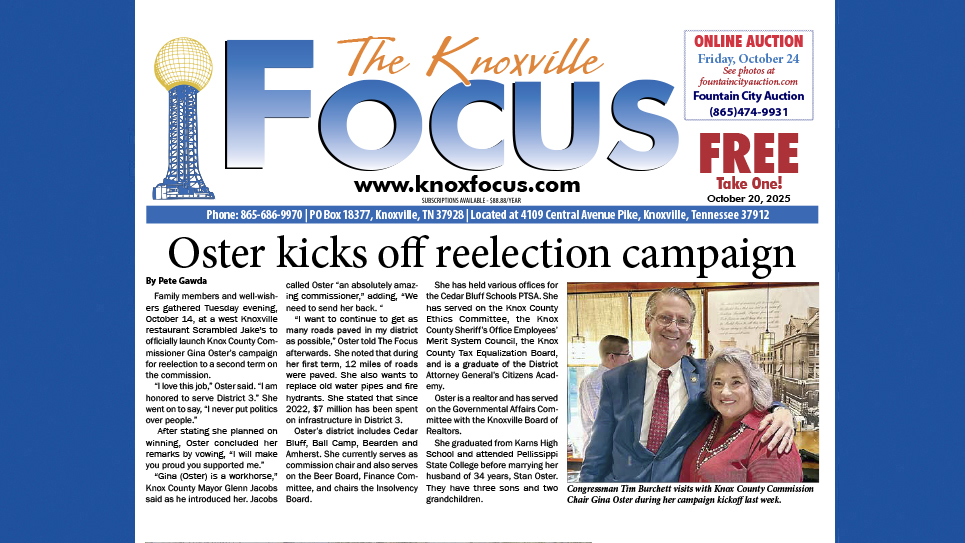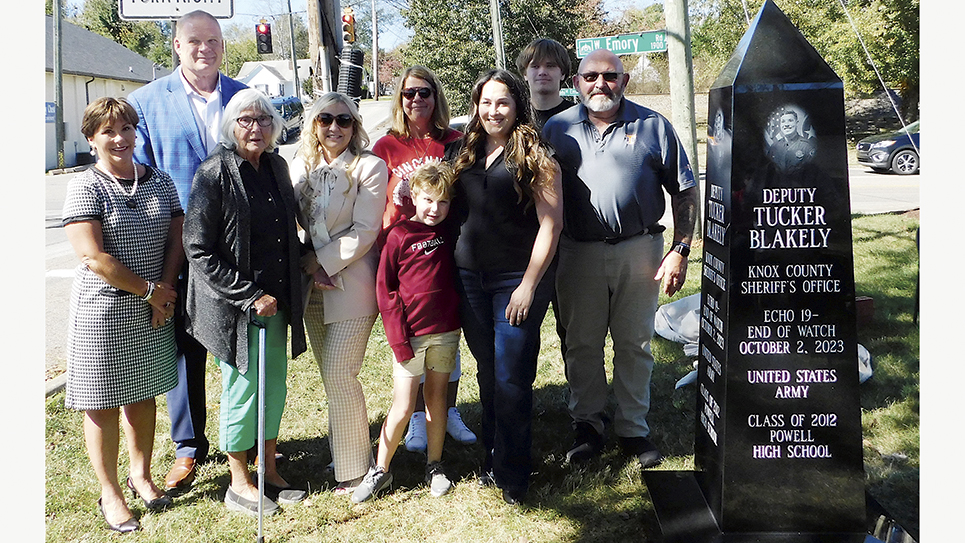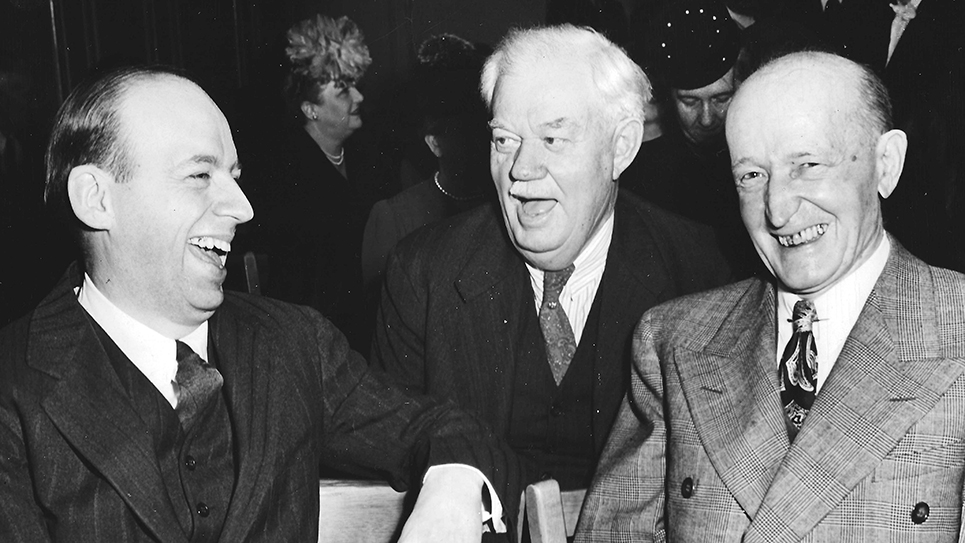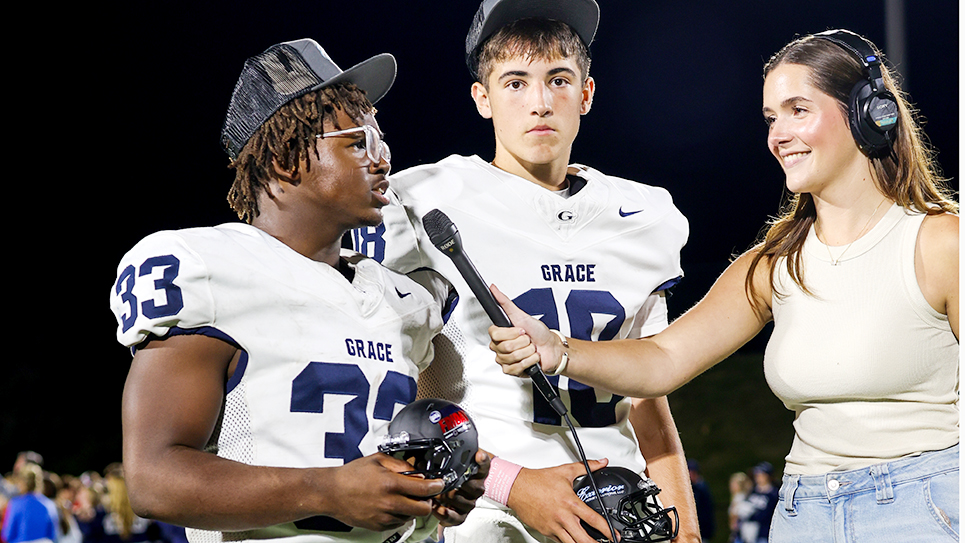Owen Brewster of Maine
Ralph Owen Brewster was a fixture in Maine politics for decades. A frequently controversial figure, Brewster was elected to every important office within the gift of the people of Maine. Owen Brewster was one of the few individuals to serve as governor, congressman and United States senator from the Pine Tree State. Brewster was quite a speaker and a past master at the art of moving from one town in Maine to the next hamlet, shaking hands and making friends. It was generally while serving in office that Ralph Owen Brewster made enemies. If Owen Brewster didn’t quite court controversy, he was certainly quite well acquainted with her. So, too, was he oftentimes brushed by scandal.
A highly conservative Republican, Owen Brewster was never a favorite of the news media. One correspondent for the most widely read news magazine of the day, TIME, described Brewster as the “toothy, slack jawed” representative from Maine. The Portland Press Herald remembered Brewster more generously, recalling the senator had been in great demand as a speaker. “He had a large vocabulary, a flowing style and a nasal twang that to many was typical of a Down-East constituency.”
Brewster was an enthusiastic backer of the aviation industry at a time when air travel was secondary to folks traveling by train. Senator Brewster oftentimes represented the United States at aviation conferences here and abroad during his career, but Brewster’s ties to the aviation industry would eventually become a source of embarrassment to him. From his election to Congress in 1934 until his defeat in 1952, Owen Brewster was, according to the Portland Press Herald, “Maine’s most potent political figure.”
Owen Brewster was a man of ability and some intellect. To pay his way through Harvard, he waited on tables and was a member of the Law Review, along with his future senatorial colleague, Robert A. Taft. Brewster’s roommate at Bowdoin and Harvard was Harold H. Burton, another future Senate colleague and justice of the U. S. Supreme Court. Throughout the first twenty years of his public career, he had been known as Ralph Owen Brewster; in 1943, the senator abruptly shortened his name to Owen Brewster.
Ralph Owen Brewster’s political career was controversial from the beginning. Brewster won the election as governor of Maine in 1924, aided by the Ku Klux Klan, which was making its presence felt in numerous states outside the South. Brewster won a second term two years later. In 1928, Governor Brewster challenged perhaps the most formidable figure in Maine politics, Senator Frederick Hale. The senator possessed a pristine political pedigree for any Republican.
Hale was the son of one of Maine’s most powerful politicians, Eugene Hale, who had preceded him in the United States Senate. Frederick Hale was also the grandson of another United States senator as his mother’s father was Zachariah Chandler of Michigan. Chandler had also been one of the founders of the National Republican Party. Brewster campaigned hard, but the power of the Klan had ended in Maine and Hale was too firmly entrenched. Senator Hale gave Ralph Owen Brewster a thorough thrashing, winning by 63% of the ballots cast.
Undeterred, Brewster ran for an open seat in the U.S. Senate when Arthur Gould announced he was not running again. The former governor faced probably the second-best pedigreed Republican in the State of Maine in Wallace H. White, Jr. White’s grandfather was William P. Frye, a former U.S. senator who had served 30 years in that body. Frye might have served longer had he not died in office. White had been in the House of Representatives since 1917 and won the GOP primary decisively over Brewster and another challenger.
Two years later, Ralph Owen Brewster lowered his sights to a seat in the House of Representatives. The former governor entered the Republican primary against incumbent Congressman Donald F. Snow along with three other challengers. Brewster won the GOP nomination with less than 40% of the vote and faced a credible opponent in John G. Utterback.
Utterback, a former mayor of Bangor and a successful automobile dealer, was well-known in the district. The campaign was hard fought and close. Eventually, Utterback won by 294 votes.
Owen Brewster was never one of those to whom things came easily; rather Brewster’s success was largely self-made through a combination of hard work and steely determination. After three successive electoral losses, many thought Brewster had been consigned to the political scrap heap. Ralph O. Brewster sought a rematch with Congressman John Utterback for his seat in the House of Representatives in 1934. Brewster ran as a foe of public power after his constant battles as governor with the Insull interests and as a supporter of the Townsend Plan, a questionable spending plan to provide money for seniors when there was no Social Security.
As a freshman congressman, Brewster managed the impressive feat of slicing off a $36 million appropriation work relief project “to harness the tides below the Passamaquoddy Bay” inside his congressional district with “a great government dam.” As the House wrangled over a provision of a Public Utility Bill’s “death sentence” provision, Congressman Brewster, the adversary of the private power companies, sided with them, which in turn, raised a considerable number of eyebrows. Brewster rose on the floor of the House of Representatives to explain his stance. Brewster’s voice was “throbbing with righteous indignation” as he accused Thomas Corcoran, then a member of President Roosevelt’s “brain trust” and chief lobbyist on Capitol Hill, of having threatened to stop construction on the Passamaquoddy Dam if he did not vote with the administration. Without saying as much, Congressman Brewster inferred his vote was a protest against unethical lobbying by the Roosevelt administration. In a close and exceedingly hard-fought battle over the public utilities bill, the House Rules Committee convened to investigate allegations of “undue influence” on the part of the president or the private power interests.
When Tommy Corcoran told his part of the tale, it seemed more plausible than that of Ralph Owen Brewster. Corcoran also produced a witness, Dr. Ernest Gruening, then director of the Interior Department’s Division of Territories & Island Possessions, who had previously been the editor and publisher of the Portland, Maine Evening News and an admirer of Ralph Owen Brewster. Gruening testified, giving an account that matched Corcoran’s to “the last detail.”
Yet it did Brewster no lasting political damage, but it became one more arrow in the quiver of questionable things throughout Brewster’s political career.
The vagaries of politics have much to do with a congressman’s reactions to events as they happen. It also has much to do with a congressman’s looking after the home folks. Aroostook County in Brewster’s congressional district was one of the leading producers of potatoes in the country in 1935. Southern congressmen and senators, with their accrued seniority and prime positions on the most influential committees in Congress, had well looked after the two biggest cash crops in their region: cotton and tobacco. Congressman Owen Brewster complained, “Potatoes are the Forgotten Crop.” Some 36 million pounds of potatoes sat in storage and were worth a measly 37 cents per bushel as compared to $1.37 in 1930. The drop in prices was reflected in the relief rolls for Aroostook County, which ran some $100,000 per month.
Reelected to the House by increasing majorities in 1936 and 1938, Brewster’s ambitions to serve in the United States Senate were realized in 1940 when Senator Frederick Hale retired. Brewster defeated Governor Lewis Barrows for the Republican nomination somewhat handily and went on to win the general election where he faced the most popular Democrat in Maine, former Governor Louis J. Brann. Senator Brewster’s first six years in the Senate brought him a triumphant reelection in 1946.
The premier muckraker in the national news media of the day was columnist Drew Pearson, who also had radio and television programs. Pearson was an active liberal and frequently involved himself in matters pending before Congress and the columnist was not always anchored to the truth. While Brewster was engaged in a close primary match with Governor Frederick Payne, Pearson charged Charles Patrick Clark, a very well-paid lobbyist on behalf of the Spanish government, with having used undue influence to get Senator Brewster to sponsor legislation providing aid for Spanish dictator Francisco Franco’s regime. Many Washington insiders believed Pearson’s charges contributed to Brewster’s narrow defeat in the Republican primary in 1952. Lobbyist Clark caught Pearson out after lunch in Washington and beat the hell out of the columnist.
Yet perhaps the most politically harmful episode in Owen Brewster’s political career came with the senator’s highly publicized dispute with millionaire Howard Hughes while chairing a special investigative committee. That dispute was illustrated in the movie “The Aviator” starring Leonardo DiCaprio. Brewster was portrayed on the screen by Alan Alda, who looked nothing like the senator from Maine. Hughes alleged Brewster was doing the bidding of Juan Trippe, the head of Pan American Airways, and was attempting to muscle him into merging his own TWA airlines with that of Pan Am. Brewster, who had been confident throughout the proceedings, seemed to inwardly crumble as the tables turned. Brewster took the highly unusual step of waiving his senatorial immunity and appearing before his own subcommittee as a witness to refute the accusations made by Hughes.
Hughes never forgot nor forgave Owen Brewster. When Governor Frederick G. Payne announced he would run against Senator Brewster in the Republican primary in 1952, there were rumors it was made possible by $50,000 from Hughes. Brewster had been solidly for his friend Bob Taft for the GOP presidential nomination, while Payne had been for Dwight D. Eisenhower. The primary was a bitter contest between the governor and Senator Brewster. Charges of corruption were tossed into the election by a wine bottler who claimed he had paid an influence peddler $12,000, a large sum for the time, to get his product on the shelves of the state’s liquor stores. The money was supposedly paid to influence Governor Payne, a charge which he hotly denied. Payne wondered if Brewster had not instigated the charges, which the senator equally vehemently denied. Although he won both the primary and general elections, Frederick Payne entered the United States Senate with something of a cloud over his head.
Even with the many brushes with scandal, Owen Brewster proved to be a hard man to defeat. Payne won by only 3,356 votes.
Following his defeat inside the Republican primary, Owen Brewster lingered in Washington, D.C. Buoyed by the victory of Eisenhower and a Republican Congress, Brewster sought an appointment. According to TIME magazine, Brewster had wished to be the Under Secretary of State for Congressional Relations. When that appointment didn’t materialize, the former senator sought to be “a member of the Maritime Commission, a Pentagon official, a Commerce Department officer, a Tariff Commission member.” As TIME noted, Owen Brewster wanted any appointment available to a former member of the United States Senate. Yet the Eisenhower administration was wary of Brewster and the Maine senator’s ties to Henry Grunewald.
Joe McCarthy of Wisconsin proposed Brewster for the modest post of counsel to the Government Operations Committee. After some maneuvering, the Democrats on the committee refused to approve Owen Brewster, a breach of the usual courtesy extended by Senate members to those who had once served as a member of that body.
Following his defeat and subsequent failure to win an appointive post in the Eisenhower administration, Brewster volunteered much of his time to activities involving Americans for Constitutional Action, which was the political polar opposite of the liberal Americans for Democratic Action. Brewster was a regular, moving around the state making talks before small groups and although 70 years old at the time, indicated he would be willing to run for the Senate once again should Frederick Payne opt not to seek reelection in 1958.
Owen Brewster died while attending a Christian scientist retreat in Boston on Christmas Day in 1961. The former senator was suffering from cancer, although his death was unexpected.
© 2024 Ray Hill







